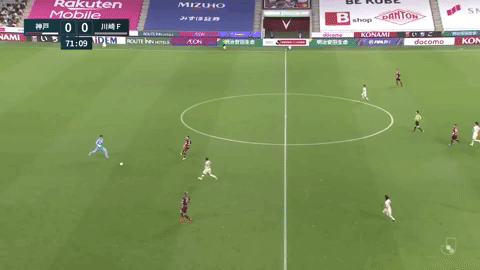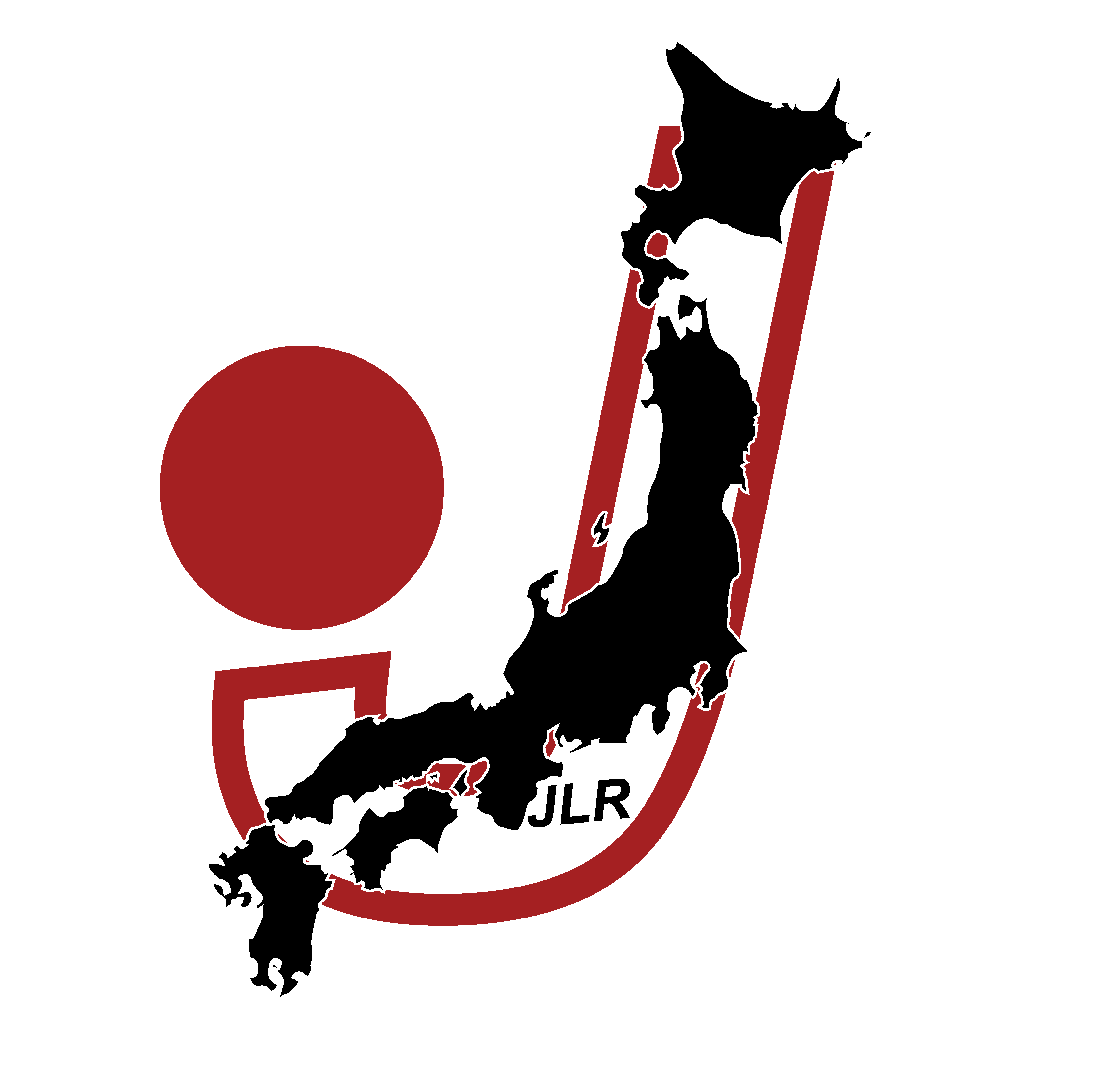If there’s one land where we all tend to picture young prodigies in football, it’s Brazil. And in Brazil there’s one municipality called “Jardim Alegre”, in the state of Paraná. It’s funny, because the literal translation of that name is “cheerful garden”. We’d like to think that a young prodigy could happily develop and thrive from a place like that. And they had one there. One who failed his trial as a defensive midfielder and became suddenly a striker.
That young striker went on to play for Internacional in Porto Alegre, win a Copa Libertadores at 21 years old (even by scoring in the Finals) and get the label of “new Ronaldo”… by Ronaldo himself. In 2012-13 – shortly after a silver medal in the London Olympics –, the world was at his feet. But then, the final leap was missing: no move to Europe went through in the Summer of 2013 and the striker stayed in Brazil.
But compared to what Ronaldo said back then – “He’s tall, strong, a very good goalscorer, a threat in the air and skillful with both feet. He’ll play a big part in 2014” –, the protagonist of this story never played the 2014 FIFA World Cup. Geez, his last game with the senior side of Brazil was in 2013. He even left Internacional to join Santos, but didn’t stay: he got loaned to Cruzeiro, Flamengo, Internacional again and Real Betis in Spain.
When he signed for Kawasaki Frontale in 2019, we were all a little bit befuddled. A washed-up star just waiting to sign off, despite he still had to turn 30. It seemed there wasn’t a particular hope to expect something better than his compatriot at Nagoya Grampus, Jô. Instead, where many stars failed – not only Jô, but also Podolski or Torres –, he thrived. And he’s now one of the best players in the league.
Fine striker. Starter without a doubt. Star of one of the best J. League sides ever witnessed. He even wore the captain’s armband this year, he’s a senator: who would have expected that from Leandro Damião? Tell us we’re not the only ones positively surprised.
The Boulevard of Broken Dreams
We’re old enough to remember the premises and the hype around the profile of the Brazilian striker when he was young. Whoever played some Football Manager knew what we’re talking about. Countless threads are still open right now in the Internet about the prodigies of the Brazilian, who back-then was playing for Internacional. After an early exit in the 2010 FIFA World Cup, Seleção were hoping to have found new stars.
And if Neymar was already delivering, the sparks showed by Leandro Damião were really, really promising. It’s not an accident if clubs started sniffing around Porto Alegre to understand if there was a chance to land a deal and snatch the no. 9. Furthermore, in the 2012 Olympic Games, he scored six goals. Many European teams watched in London with a close eye what was going on.
Unfortunately, the European leap – mostly taken as a route to success by Brazilian young prodigies – never materialized itself. A wonderful piece on “The Athletic” tells the story of the transfer saga concerning Damião and his possible coming to London to wear a Spurs jersey. Instead, the transfer to Naples didn’t go through because, in the end, the club picked Gonzalo Higuaín over the young Brazilian (good choice, we can’t deny that).
In the end, Leandro Damião stayed in Brazil, signing for Santos in 2014. A 13 million of euros-transfer that was defined on Globo Esporte “the worst signing ever made in this country”: tough words, but the striker’s form dipped pretty quickly, and he effectively wore Santos’ jersey just one year. But all the loans he went for didn’t work out, and maybe just in the last one – with Internacional – he started to regain a little bit of form.
But that’s where J. League comes in play.
It’s not over
Like we said, Damião signed for Kawasaki Frontale in 2018, when he became a free agent and chose to not renew his contract with Internacional. Despite this “irrefutable offer from abroad”, there were some doubts. It didn’t seem like Frontale really needed him: they had already Yu Kobayashi and he was living the form of his life (he just scored 15 goals after winning the MVP Award in 2017).
Instead, Damião slowly, but steadily settled in: the Brazilian striker introduced himself by scoring the winning-goal in the 2019 Japanese Super Cup against Urawa Red Diamonds. He wasn’t starting and, in fact, he played just 23 games in J1 in his rookie season… but he scored nine goals and, in general, it seemed like he appreciated the environment and had a good relationship with his manager, Toru Oniki.
Damião seemed devoted to Frontale. And while other foreigners didn’t stand the test of time and left, the Brazilian kept his cool and improved his performances in the second year, scoring 13 goals in 34 J1 matches and matching the performances of Kobayashi. Almost ironically, when J. League announced its Best XI, it featured nine (!) players from Frontale, the striker was left out (Everaldo and Olunga booked their spots).
Nevertheless, Oniki has praised what he saw from the former Internacional: “For the last two years, he has been influential in many ways. Even if new Brazilian players come in every year, he will take the lead in putting them together”.
30s are the new 20s
It could be maturity, it could be responsibility or just the drive to give his 110% on the pitch, but 2021 has been majestic for Leandro Damião. Named vice-captain after the retire of Kengo Nakamura, the Brazilian is having the best season of his Japanese stint. Or even better: the best season of his career?
After the AFC Champions League trip and with Frontale ready to come back in action in J1 League, Leandro Damião scored already 12 goals in 20 matches in the championship. In the continental stage, he’s been nothing but fantastic: he bagged six goals, five of which against Daegu FC, who were the main rivals of Frontale (note aside: they won the group with six wins and by almost breaking the record of goals scored in the Group Stage).
Surely playing with THIS version of Frontale has helped Damião being decisive, but it’s the first year of his Japanese adventure in which we could actually say he’s helping Kawasaki being even better than expected. The will he shows on the pitch, the experience of being 32 years old in a few days and the clear awareness of his role in the club have aligned to give us the best version ever of Leandro Damião.

In this sense, Damião remined us of his bicycle kicks (or “bicicletas”), his trademark scoring move. He scored so many, but in Japan he’s racking up the pile in this 2021. Urawa Red Diamonds, Shonan Bellmare and Daegu FC were the victims until now… and just like those bicycle kicks, Damião turned the world upside down. He used to be a prodigy and it didn’t confirm those expectations, but many would have signed him off and he’s now in his prime.
Maybe it wasn’t just his world turning upside down. It was ours as well.

One thought on “Upside Down”